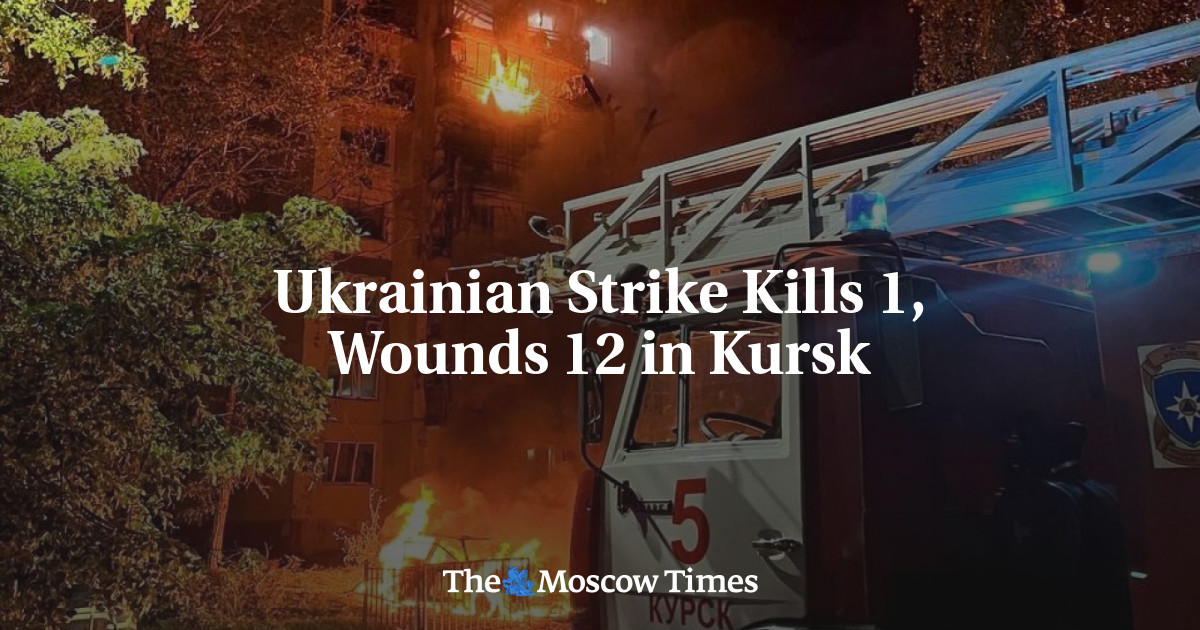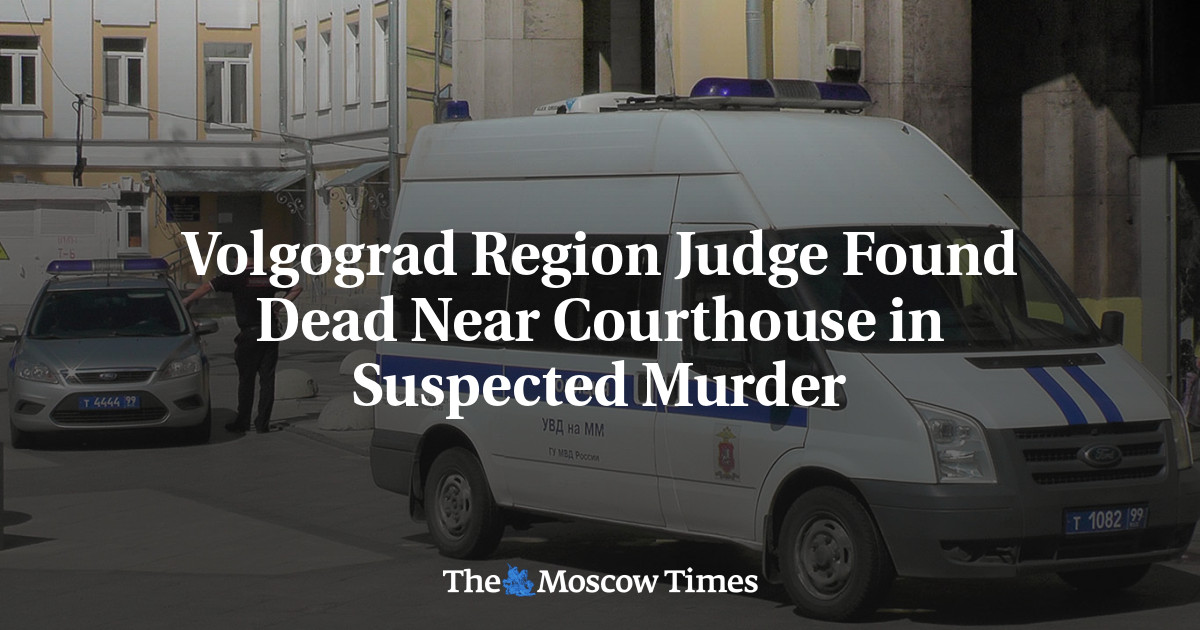More than 100,000 Russian workers have been placed on reduced hours or unpaid leave since the start of the year, President Vladimir Putin said Tuesday, warning of a sharp rise in what he called “hidden unemployment” despite the country’s official jobless rate sitting at a record low.
Addressing a Kremlin meeting on economic issues, Putin said the number of workers under such arrangements — whom he described as “at risk of dismissal” — had nearly doubled in the past seven months.
“At the beginning of the year there were about 98,000 people in this situation, by the end of June it was 153,000, and by Aug. 8 the figure had reached 199,000,” he said, according to a transcript released by the Kremlin.
While official unemployment in Russia remains at 2.2%, the president said the latest figures signal a worrying trend that policymakers must “catch” early to avoid “cooling the economy.”
Among those in attendance at Tuesday’s meeting were Prime Minister Mikhail Mishustin, Central Bank chief Elvira Nabiullina, Economy Minister Maxim Reshetnikov, Finance Minister Anton Siluanov and presidential aide Maxim Oreshkin.
The rise in underemployment comes as major manufacturers, particularly in the automotive sector, respond to slumping demand and rising borrowing costs by cutting back on hours.
This summer, several of Russia’s largest automakers — including truckmaker KamAZ, the GAZ Group and AvtoVAZ — announced moves to a four-day workweek.
In late July, the Likinsky Bus Plant, a subsidiary of GAZ, also reduced hours, while the Pavlovsky Bus Plant temporarily halted production amid falling sales.
The slowdown is spreading beyond the auto industry. Cemros, the country’s largest cement producer, which operates 18 plants nationwide, plans to shift to a shortened workweek starting Oct. 1.
State rail monopoly Russian Railways has also been hit, with the company sending central office staff and employees of several regional divisions — including the Moskovsky, Oktyabrsky and Severnaya lines — on unpaid leave for two days each month through the end of the year.
Sources told the business daily RBC that without such measures, the company would have been forced to carry out mass layoffs. Russian Railways has suffered the steepest drop in cargo volumes in its history, exacerbated by expensive credit.
Putin said the number of officially registered unemployed had risen slightly, from 274,000 in January to 291,000 at the end of June and 300,000 in early August. He urged ministries, regional authorities and business associations to work closely together to address emerging problems.
“Stay in constant contact with business groups, entrepreneurs and company workforces,” he told officials. “Help them resolve issues and respond to the requests of enterprises, companies and their labor collectives.”
 (1).png)
 2 days ago
3
2 days ago
3

















